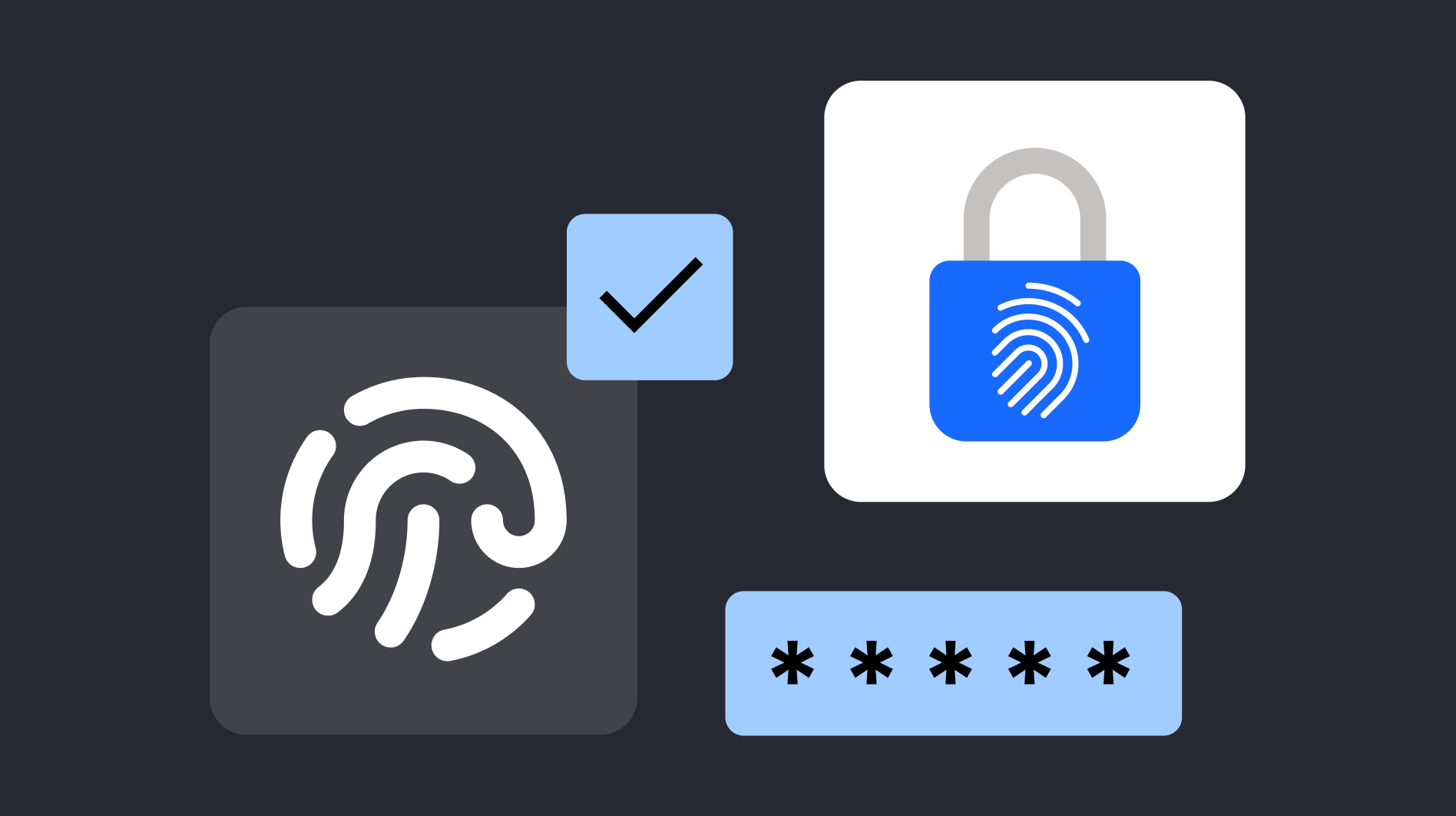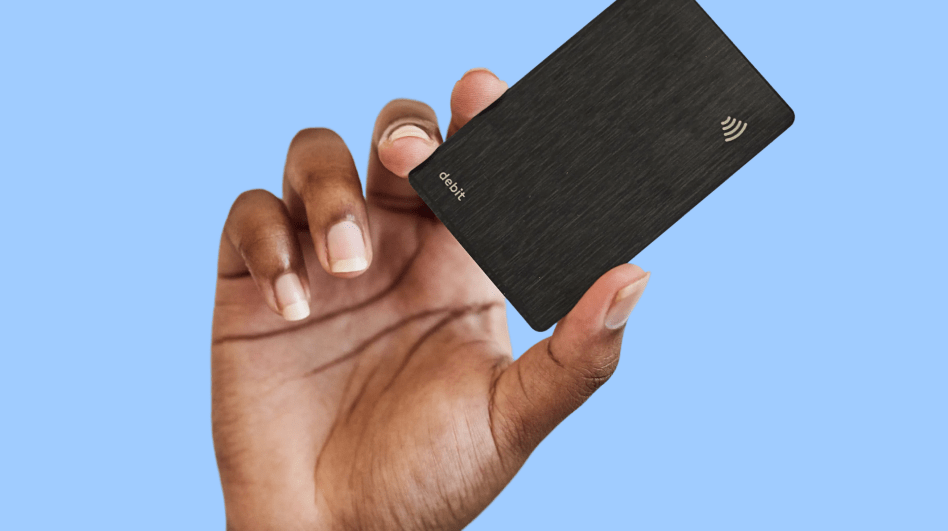ACH and wire transfers are essentially different but equally convenient ways of sending money from one bank account to another.
They each have their advantages and disadvantages that make them more or less suitable for you depending on your needs.
In this article, we explain how ACH and wire transfers work, examine their key differences, and help you understand which situations each payment method is best for.
How do ACH transfers work?
Automated Clearing House (ACH) is an electronic payment network that lets consumers and businesses in the US pay directly from their bank accounts. It removes the need for checks, wire transfer, cards or cash by allowing merchants to simply debit an amount from their customers’ bank account. Processed in batches, ACH is cost-effective and used across a range of industries. This makes them ideal for recurring business-to-business (B2B) payments.
ACH transfers can be used for a variety of transactions, including direct debits, deposits, and payments, electronic checks, and electronic funds transfers. They’re an extremely popular method of payment in the US, processing around 24 billion transactions every year.
Read more: ACH routing number
How do wire transfers work?
A wire transfer is a type of Electronic Funds Transfer (EFT) that enables a large sum of money to be sent directly from one bank account to another, with no intermediary. Wire transfers can be either domestic or international (known as a remittance transfer) and are usually able to be sent and settled on the same day.
To perform a wire transfer, the payee just needs to let their bank know the transfer amount, the account number that the money is being sent from, the personal details and account number of the recipient, and the routing number (or SWIFT code for international transfers) for the recipient’s bank. Once the bank has this information, they can deduct the requested amount from the sender’s account and credit it to the recipient’s account.
Learn more: How to prevent wire transfer fraud
Main differences between ACH transfers and wire transfers for merchants to consider
Both ACH payments and wire transfers have a place for merchants, but there are crucial differences that could dictate which one you choose to use in any given situation:
- Costs - ACH transfers are generally very inexpensive for merchants. Wire transfers can cost between $10-$50 (depending on the bank and whether its a domestic or international payment), with both the sender and the recipient sometimes having to pay a fee.
- Speed - it’s possible for both ACH transfers and wire transfers to be completed on the same business day, though wire transfers are generally processed more quickly and can be immediate. That’s because ACH transfers have to be routed through the network in batches and can be subjected to internal review processes, which can take a few days to complete. Wire transfers are quicker because they’re transferred directly between financial institutions.
- Size - Wire transfers are typically used for larger one-transactions than ACH payments due to the funds clearing more quickly.
- Settlement - if there’s an error, you can request to reverse an ACH transfer, though you may be charged a few dollars for the privilege. Unfortunately, wire transfers cannot be reversed once they’ve been sent
- Posting times - the recipient of a wire transfer can withdraw the funds as soon as they arrive in their account. Someone receiving an ACH transfer will typically have to wait a few days for the funds to clear the ACH system
How safe are ACH vs. wire transfer?
Both wire transfers and ACH transfers are secure ways to make payments. They require identity verification and banking details, all of which are encrypted during the transfer, which helps to guard the funds against fraud.
However, because of the speed of, and inability to reverse a wire transfer, they are considered riskier than ACH transfers, which are easier to cancel or reverse during the time it takes to process the transaction. Wire transfers can be canceled, but the sender would have to act very fast in order to do so.
Is ACH or wire transfer international?
Both ACH and wire transfers can be sent domestically and internationally, depending on the type of transaction.
Wire transfers are the best option if you want to send a large international payment, and can be sent in US dollars. They also have the advantage of being accepted in more countries than ACH transfers.
ACH transfers can be used for smaller international payments, though they can only be delivered in local currencies. However, the fees for international ACH transfers are much lower than those for international wire transfers.
Is ACH or Wire Transfer Better for Business to Business (B2B) Payments?
With the above in mind, if you’re a merchant that needs to make B2B payments, should you use ACH or wire transfers?
That depends - as both have their merits for different use cases. For frequent bill payments to other businesses, you’re potentially best off using ACH, as the network is designed to process batch payments and has much lower fees than wire transfers, which would be exorbitant for a high volume of transactions.
For much larger, one-off payments - like the purchasing of real-estate or mergers & acquisitions - wire transfer fees pale in comparison to the transaction amount and businesses can benefit from quicker processing times if that would be of value in the situation.
Accept more payment methods with Checkout.com
Whatever your needs, and wherever you operate, Checkout.com can help you find the best payment method to generate sales, drive customer loyalty, and expand your business.
We offer a huge variety of payment methods, including ACH and wire transfers, as well as local payment methods that are popular in the regions in which you operate.
You can find a full list of the payment methods we offer in our payment directory.



%20(1).jpg)

.png)






_How%20and%20why%20to%20launch%20a%20card%20program%20(1).png)



_Introducing%20Issuing.png)